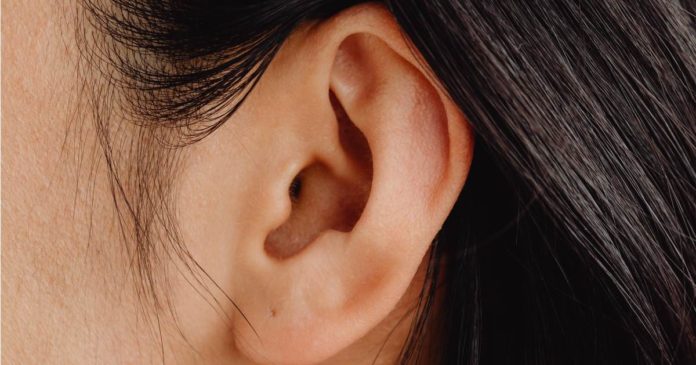A small study of tinnitus sufferers has indicated a high level of interest in using cannabis for relief from related symptoms. But does it work?
Tinnitus is a condition where ringing or other noises such as roaring, buzzing or clicking occurs in one or both ears. It’s a really common problem, affecting around 15% to 20% of people according to Mayo Clinic. For some, the condition is mildly annoying, for others, it can have a very serious affect on their quality of life.
Tinnitus can be caused by various factors, including exposure to loud noises for extended periods, or simply as part of the aging process. Treating any underlying causes may relieve or even cure the condition; but for many there is no cure per se.
So, can using cannabis help manage tinnitus?
A study that surveyed patients presenting with tinnitus regarding their perspectives on the use of cannabis seems to indicate it might – however, self-reported results should always be treated with some degree of scepticism.
Forty five patients completed the survey and 96% reported that they would consider cannabis as treatment for their tinnitus. 22% reported current cannabis use at the time of questionnaire completion. Of those, 80% actively using cannabis reported it helped with related symptoms:
- dizziness/unsteadiness/disequilibrium (3/8, 38%)
- auditory symptoms (3/8, 38%)
- emotional difficulties (anxiety, depression, feeling upset, fear) (6/8, 75%)
- pain (headache, neck pain/aches) (7/8, 88%)
- sleep disturbances (7/8, 88%)
- functional difficulties (concentration, fatigue, work disturbances) (4/8, 50%)
As you can see from the above, the number of sufferers indicating cannabis was helpful was just 8 – so, it’s hardly strong evidence but interesting nonetheless.
Commenting on the results, the researchers stated:
“Most patients would consider its use as a potential treatment to alleviate their tinnitus-related symptoms and are interested in learning more regarding its use. By understanding how cannabis is perceived by tinnitus patients, healthcare providers can provide appropriate patient education.”
More than half of patients involved in the survey learned about cannabis from a friend or family member, with only 22% learning about it from a physician or nurse.
The study results were recently published in the Journal of Otolaryngology, and can be viewed in full here.


